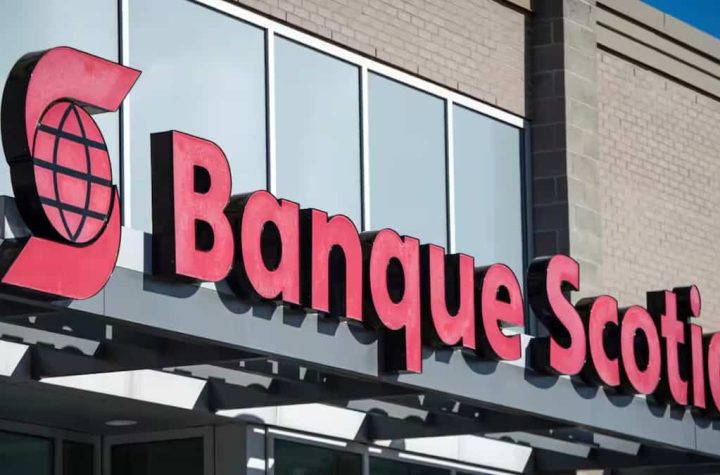
Debt to Canadian families is starting to rise again and many are wondering whether to tap the equity in their property to settle their creditors. Attention to danger!
In fact, this solution, rather than a panacea, should be handled with caution, warns Sophie Desautels, authorized bankruptcy trustee in Raymond Chabot.
However, it looks very attractive to most consumers and for good reason: interest rates are much lower than credit cards and personal loans and by expanding over 15, 20 or 25 years, monthly payments are even more affordable. But what seems like a good idea can keep us in debt for a long time.
Rising interest rates
But first, what is a mortgage refinance? This involves re-negotiating your mortgage loan and using the net worth (equity) of your property to increase the loan amount. With the amount released, you can, for example, carry out restructuring or consolidate your debts.
Sophie Desotels explains that she often sees clients in her office who plan to continue in this way so that they can access all the money used to repay their creditors at once. But this solution is less beneficial than it seems and above all it is not suitable for all situations.
A licensed bankruptcy trustee sees three major risks involved. First and foremost: even if the consumer pays off his debts at a lower interest rate, repayments will be made over a longer period of time. Eventually, it will produce an expensive interest bill.
“In addition, if the pandemic mortgage interest rates are too low, they are currently on an upward slope. We can not imagine how high they will go, but it will inevitably increase the monthly amount to be repaid, ”she said. In other words, even if we think we will reduce our debt burden, we will increase them on the contrary.
Risk of recurrence
Another danger that arises in our path: the danger of recurrence. “By repaying all our debts, we create a false sense of security. Result: We started spending and using our credit cards again. So we make our situation worse and by default, we may even lose our home, ”said Sophie Desatells.
Finally, because we do not solve the problem at the source, we also expose ourselves to the risk of getting stuck indebted indefinitely.
“To end your debt, you need to change your eating habits, live on the income you earn and reduce your expenses to avoid using credit,” she recommends.
Do not hesitate to seek help from bankruptcy professionals or customer support organizations if necessary.
Tips
- To reduce costs and find a way to financial health, is no secret. Creating a budget based on your income and sticking to it is a good old fashioned way. Many organizations such as ACEF across Quebec offer free consultation and assistance in budgeting and resolving debt issues.
- When they cannot get a refinancing from their bank, some resort to another financial institution and take out a second mortgage on their property. Be careful, because its interest rates are usually high and you end up with another monthly payment that you have to pay.
- Mortgage refinancing may be appropriate in cases where you are temporarily facing a bad financial situation due to job loss or split. If the problem is identified and a return to stability is imminent, refinancing may be an option. However, you should do your calculations well to find out if this is the most beneficial solution.





More Stories
Scotiabank customers can't get their pay: “We've fixed the problem”
His wife was badly beaten at CHSLD
Here is my response to Minister Pierre Fitzgibbon's insult about the school tax